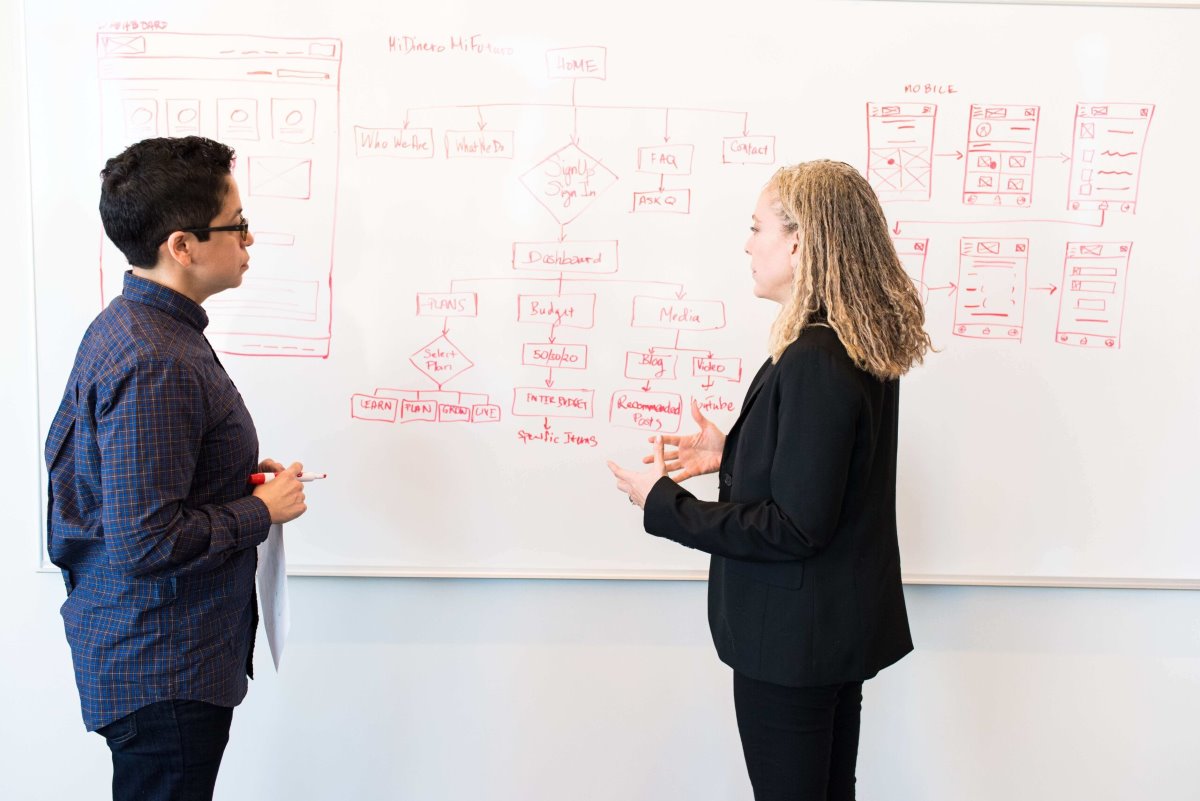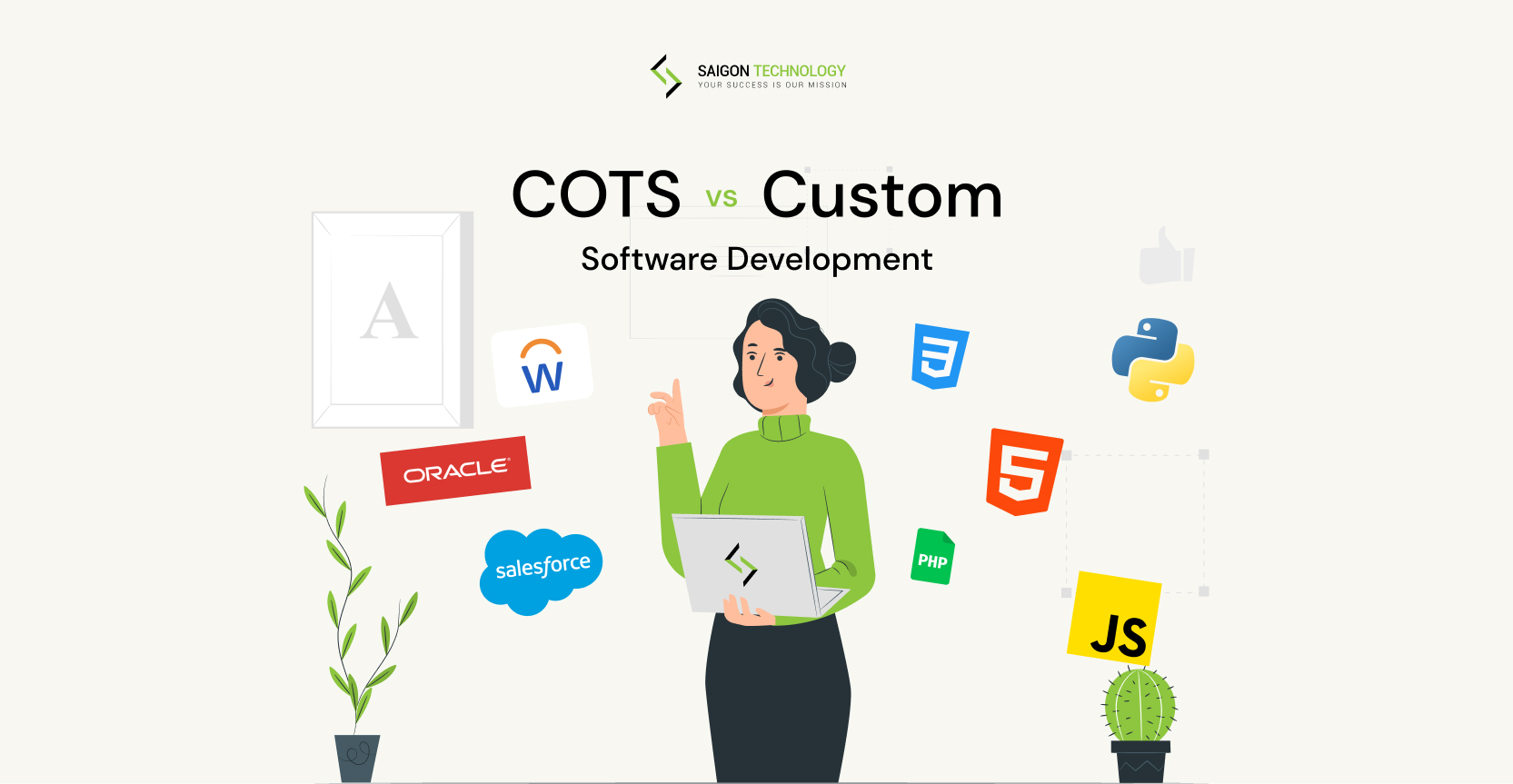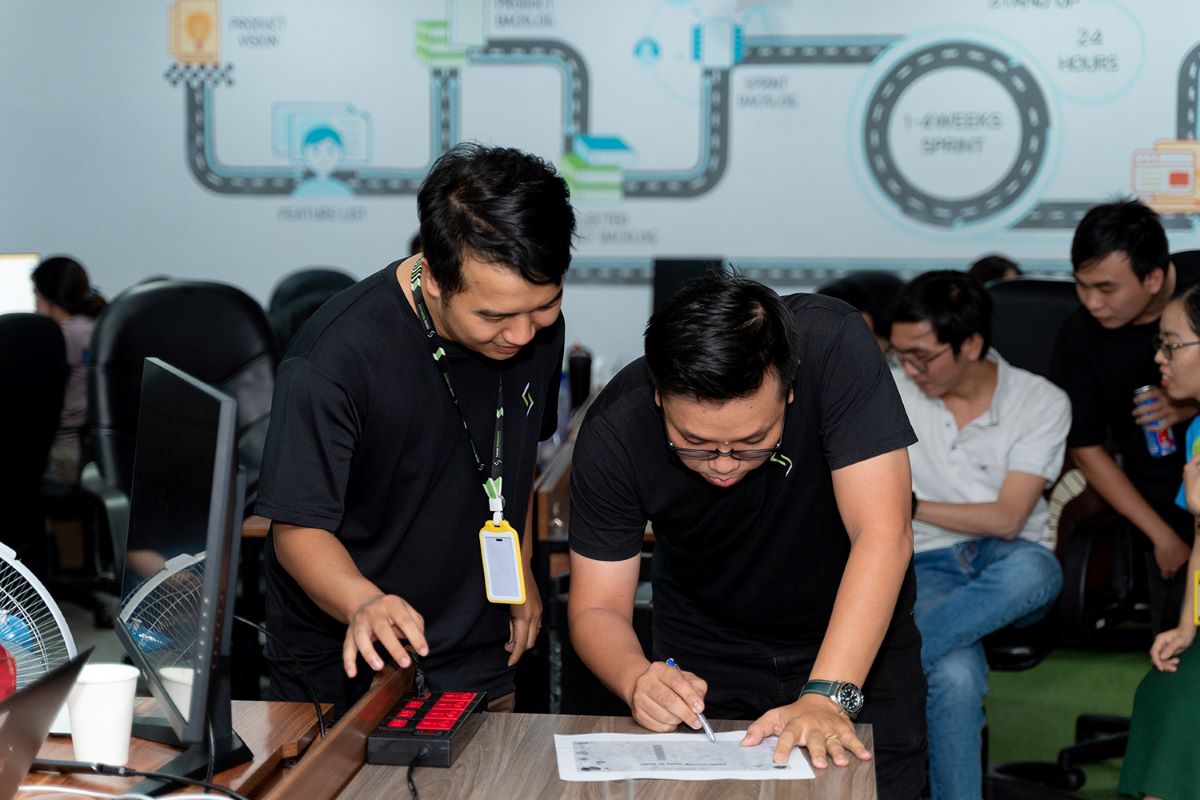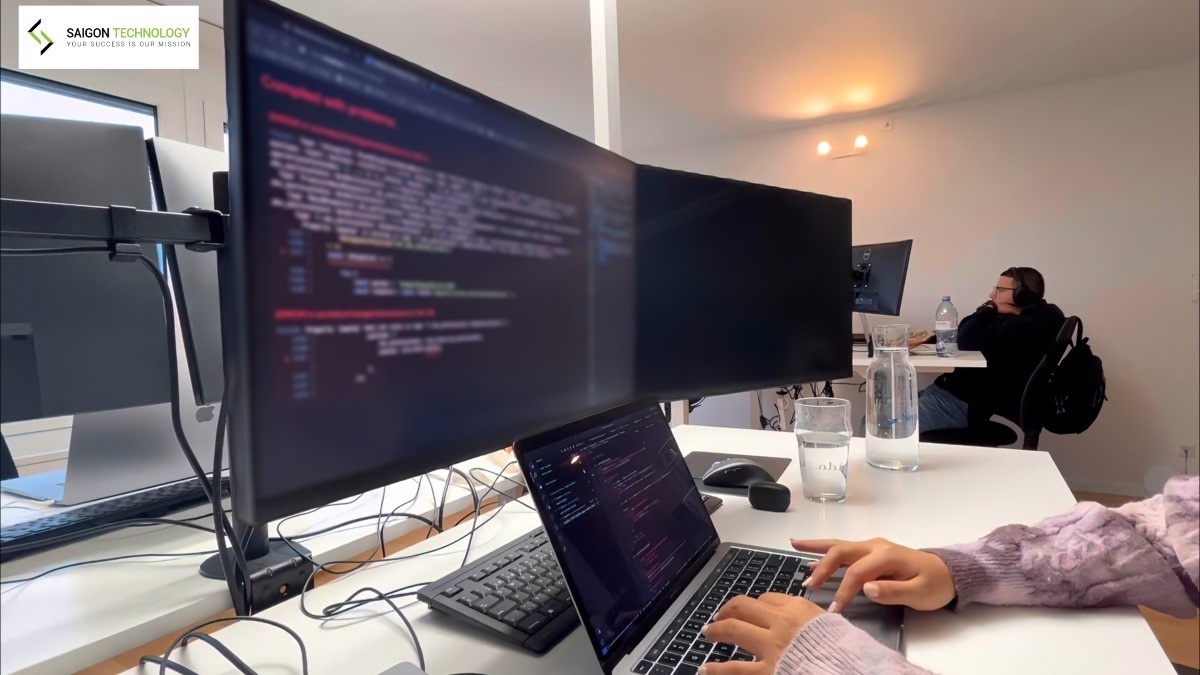There are still interviews with users on the pages of newspapers and publications from the past to the present, revealing their experiences, ideas, and feelings regarding any product/service. In the IT industry, there is always a special product called MVP (Minimum viable product) that plays a tiny but critical role in the entire process of developing a fully functional product.
When it comes to product feedback, the Saigon Technology team, composed of professional software engineers, always has one thought: “What is the product we produce for the business audience?” utilized in the industry?” We always do user interviews, whether it is an internal employee or a customer/consumer, to reach the ultimate goal: improve our product according to the customer’s demands.
The following post will show you how to guide an effective MVP user interview. Let’s have a look!
User Interview – So Familiar With IT Staff
What is a User interview?
We must have read a lot about “celebrity interviews” “journalists looking for businessmen’s remarks,” and so on in a variety of newspapers and publications. We must also often hear about other interviews, such as recruiting interviews, interviews with leaders of state, and interviews with people about their lives…
For non-IT majors, the phrase “user interview” is certainly a weird notion. The ‘user interview’ on the other hand, is a common method in user experience design among people in the software development business. When it comes to user interviews, a one-on-one chat may provide valuable insight into consumer behaviors as well as underlying business concerns.
This important data contains consumer insights, as well as other ideas and wants. A fair conversation between the two sides would be the perfect method to examine the problem of “if this product is truly comprehensive to serve the end-user or not.” Since the interviewees are also clients who will acquire your product/service in the future, their satisfaction and experience should be your first priority.
When is the right time for the project to conduct a User interview?
To simplify, let’s break a user interview into 3 typical stages, including pre-while-post creating a minimum viable product as follows:
- Pre: Before proceeding to build, the interview is conducted to give the team of developers the opportunity to better understand their potential users, their needs, and their views towards their end-users.
- While: An initial conceptual model will be revealed too early adopters to see if the development team’s insights match and match the user’s wishes.
- Post-: One last interview – after launching MVP, will help check the user experience, and evaluate the usability of the product.
Best Ways To Conduct An Effective User Interview
It would be preferable to focus on leveraging consumers’ perspectives, understanding their desires, and using them as a guide for future stages while developing an MVP. The pre-while-post interview concept is also used in this section:
Pre-interview:
- Clearly define your goals and why you need to carry out this interview.
- Prepare a list of questions and information that you wish to obtain from consumers. The number of questions may vary according to the nature of the project. However, to make things more “predictable,” sketch out alternative situations ahead of time, depending on your own questions and criteria.
- Reference concept: Greeting and introducing interviewees → Introduce the topic → State the issues to be discussed → Evidence and evidence why are solutions the most effective → Start exploration and conduct a demo → Evaluate Rate and record customer comments → Thank you and close the interview.
- Connect with the client and schedule the interview based on the best time and circumstances for both sides. However, if your product is a B2C offering, you do not have a ready audience. As a result, the search for consultation interviewees must be done in this manner:
- Your personal acquaintance (or that of any member of the team) is interested in these feedback-and-commentary conversations.
- Looking for interviewees to participate in interviews with clear remuneration. With a fair payout like this, you’ll quickly get the exact number of attendees you want.
While-interview:
- Avoid rambling when conducting a conversation. Get straight to the point and show the potential of the finished product.
- To ensure an accurate response to your study, you should establish clear requirements for your target interviewees and their ideal qualities.
- Clarify with customers the business goals and technical goals for the product/service.
- Try to make them feel as friendly and comfortable as possible to get the best results possible. Avoid using too low a tone of voice, encourage the use of body language and questions that go into deep suggestions to make interviewees easy to answer.
(*) Note: if you really need to record for easy data storage, kindly ask for permission from interviewees before placing the recorder/phone… on set.
Post-interview:
- Sort the data by the categories you need, including video recordings, comments, and personal opinions.
- Store data carefully in multiple places to avoid the risk of “when all your eggs are put in the same basket”
- Take a look back and evaluate your performance.
- Proceed to compile a report detailing the assessments from both behind the interview.
- Come up with a specific strategy to organize what you’ve understood, in order to prepare for the next action steps (if any).
Wrapping-up
A successful user interview may propel both software and product development teams to the pinnacle of success. Because of the significant insights acquired from that dialogue, software developers now have a better understanding of the audience they are targeting, what actions should be done to complete the project… In other words, through user interviews, clients may understand the project’s development and preliminary outcomes as well as the disclosed MVP.
They have the ability to choose which path to go or how to come to a halt. In certain situations, corporate clients wish to pause the development phase for a bit, publish a minimal viable product to the market to get feedback from end-users, and then continue to adapt as needed suitable for the market.
MVP is a decent hook to launch into the market to analyze the early scenario. However, it will not be effective until user interviews are properly prepared, done intelligently, and completely examined the problem.





